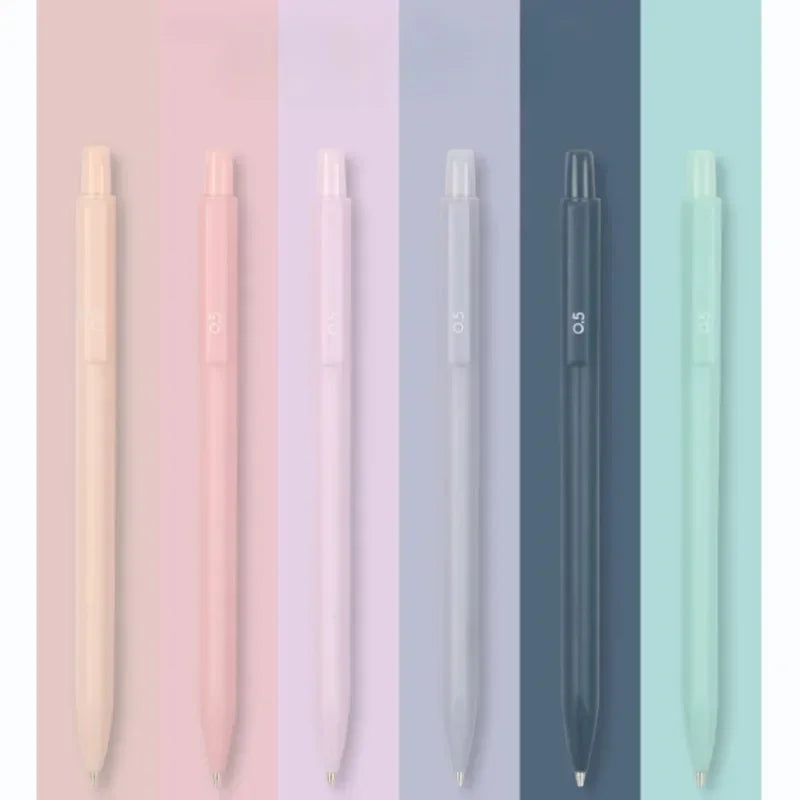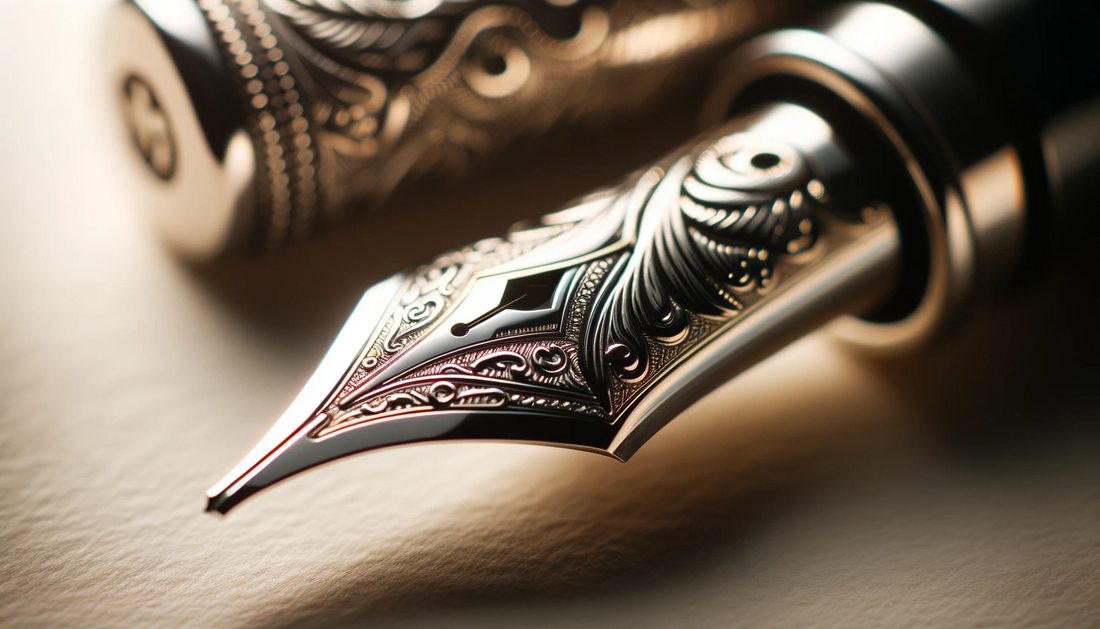If you are a writer or collector of fountain pens, you may be interested in exploring extra fine nibs. These nibs are designed to produce thin and precise lines, making them ideal for those who enjoy intricate and detailed handwriting. In this article, we will explore everything you need to know about extra fine fountain pen nibs, including their history, construction, uses, and maintenance.
1. What are Extra Fine Fountain Pen Nibs?
Extra fine fountain pen nibs are specialized writing tips that produce thin and precise lines. They are commonly used by writers and calligraphers who require a high degree of accuracy and control when creating text. Unlike ballpoint pens or pencils, which rely on friction and pressure to transfer ink to paper, fountain pens use capillary action to distribute ink evenly onto the paper. This makes them an ideal tool for producing high-quality and long-lasting writing.
2. History of Extra Fine Fountain Pen Nibs
The history of extra fine fountain pen nibs can be traced back to the early days of fountain pen production in the late 19th century. At that time, fountain pens were primarily used by businessmen and other professionals who needed a reliable and efficient writing tool. Early fountain pens featured a wide range of nib sizes, including extra fine, fine, medium, and broad. However, as the popularity of fountain pens grew, manufacturers began to focus on producing medium and broad nibs, which were more versatile and easier to use.
3. Construction of Extra Fine Fountain Pen Nibs
Extra fine fountain pen nibs are typically made from a combination of metals, including stainless steel, gold, and titanium. The nibs themselves are composed of two main parts: the tines, which are the two thin pieces of metal that form the writing tip, and the feed, which is the small channel that delivers ink to the nib. The tines of an extra fine nib are very thin and close together, allowing for precise and detailed writing. The feed is designed to supply a consistent flow of ink to the nib, ensuring that the writing experience is smooth and effortless.
4. Uses of Extra Fine Fountain Pen Nibs
Extra fine fountain pen nibs are ideal for a wide range of writing tasks, including note-taking, journaling, calligraphy, and drawing. They are particularly useful for writers who need to produce small and intricate text, such as those who work in fields like science, law, or graphic design. Extra fine nibs can also be used for shading and crosshatching, making them a versatile tool for artists and illustrators.
5. Maintenance of Extra Fine Fountain Pen Nibs
Like all fountain pen nibs, extra fine nibs require regular maintenance to ensure optimal performance. This includes cleaning the nib after each use, storing the pen in a cool and dry place, and using high-quality ink. It is also important to avoid applying too much pressure when writing with an extra fine nib, as this can cause the tines to spread and damage the nib. If you notice any issues with your extra fine nib, such as skipping or hard starts, you may need to adjust the nib alignment or seek professional repair.
6. Conclusion
Extra fine fountain pen nibs are a versatile and precise tool for writers and collectors alike. Whether you are looking to produce small and detailed handwriting, create intricate calligraphy, or simply enjoy the feel of a high-quality writing instrument, an extra fine nib may be just what you need. By understanding the history, construction, uses, and maintenance of extra fine nibs, you can make an informed decision about whether this type of nib is right for you.
FAQs
- Can extra fine fountain pen nibs be used for everyday writing?
Yes, extra fine fountain pen nibs can be used for everyday writing. However, they may not be suitable for individuals with large handwriting or those who prefer a thicker line.
- What are some recommended inks to use with extra fine fountain pen nibs?
Some recommended inks for use with extra fine fountain pen nibs include Pelikan Edelstein Ink, Sailor Jentle Ink, and Platinum Carbon Ink. It is important to choose an ink that is specifically designed for use with fountain pens, as other types of ink can damage the nib or clog the feed.
- How do I know if an extra fine nib is right for me?
If you have small or intricate handwriting or enjoy calligraphy, an extra fine nib may be a good choice for you. It is also important to consider your personal preferences for line thickness and writing style.
- Can extra fine fountain pen nibs be adjusted to be slightly wider or narrower?
Yes, extra fine fountain pen nibs can be adjusted to be slightly wider or narrower by a professional nib technician. However, it is important to note that this process can be delicate and may alter the performance of the nib.
- Are extra fine fountain pen nibs more expensive than other types of nibs?
Extra fine fountain pen nibs can be more expensive than other types of nibs, particularly if they are made from gold or other precious metals. However, there are also affordable options available made from stainless steel or other materials. It is important to consider your budget and personal preferences when choosing a fountain pen and nib.


